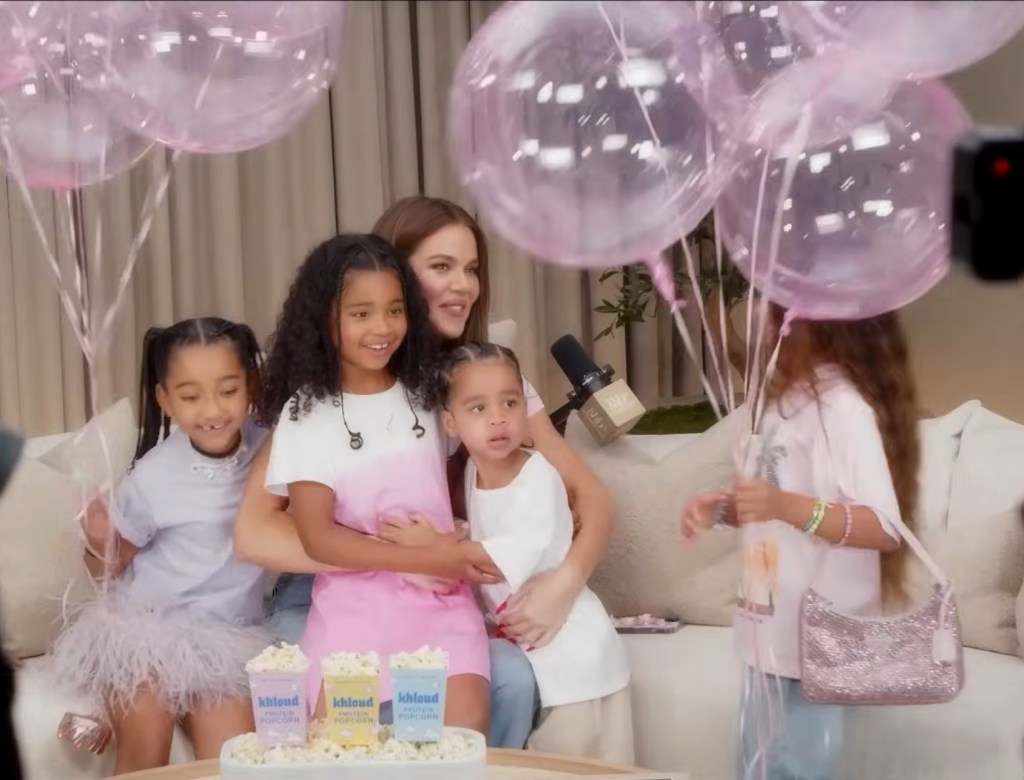Is Independent Thinking Going Extinct?

When it comes to happiness and fulfillment, there is no one-size-fits-all approach. Todd Rose, co-founder and CEO of Populace, a nonpartisan think tank, champions the power of individuality—and he has the data to back it up. In his research, Rose and his team at Populace help people discover and leverage their unique strengths to pursue fulfilling lives. He is also committed to helping people break out of self-silencing.
Erin and Sara Foster welcome Rose, their most frequent podcast guest to date, back to The World’s First Podcast to discuss his life-changing work helping people break free from limiting mindsets. They also explore societal pressures and the gap between what people believe in private versus what they say in public.
Rose’s first appearance on The World’s First Podcast has become a fan favorite, specifically for people who have faced the “online mob.” “Our first conversation with you became a guiding light for so many people who have felt alone and dealt with shame. It’s simple: When you talk to someone who is helping someone pursue fulfilling lives, there is endless conversation,” Sara says.
If you want to live authentically and chart your own path to a thriving life, this is the episode for you.
The problem of self-silencing your true thoughts
While independent thinking is important, it is rare. Rose’s research reveals that when many people withhold their true thoughts in public—a phenomenon he calls “the Social Pressure Index.” The study found that 60 percent of Americans admit to self-silencing, where they don’t admit what they think or they lie about their opinions to gain social approval.
“The results of the study were wild,” Rose explains. “It’s literally everybody—every single demographic is outright lying about their views on multiple issues.”
One hot topic in the study was abortion, Rose notes: “Privately, people are really in agreement. Even a majority of Catholics privately support a woman’s right to choose. So what’s going on? The loudest people are dictating what everyone thinks.”
Self-silencing affects personal wellbeing, interpersonal relationships, and society at large. For women specifically, it can be detrimental for their health. “For women, self-silencing is the best predictor of cardiovascular disease. Women who self-silence in relationships are four times more likely to die. We know why—it increases cortisol levels in your blood, which causes all kinds of problems,” Rose shares.
Collective illusions
Social media platforms can drive narratives that shape opinions. Rose shares that in 2024, many countries were manipulating TikTok to drive anti-Semitic content, specifically targeting Gen Z. One widely circulated poll falsely claimed that 60 percent of Gen Z thought Hamas was justified in their actions, which was later debunked and corrected to nine percent.
“This was intentional. They were pumping in a bunch of lies. Rather than disinformation, they are trying to manufacture collective illusions,” Rose explains.
Erin shares her own experience with being honest, even at the cost of being cancelled. “On a smaller, more intimate scale, I can speak from my personal experience: Erin and I have been supportive of Israel, but we are also supportive of all people. Erin and I made a choice. We knew being vocal would affect our businesses because that’s the world we live in,” Erin says.
The propaganda isn’t just about spreading lies but creating “collective illusions,” which are shared beliefs that may not be accurate. “It makes you feel like if everyone feels this way, you have to feel this way too,” Erin adds.
Everyone self-silences to get approval. Rose explains: “We are all self-silencing and trying to figure out what we can say. But then, you realize you are being manipulated just to belong.”
Becoming independent thinkers
Once the collective illusions start to crack, Rose says they fall pretty quickly. “We are so used to just going along to get along that we’ve lost ourselves. It’s wild. We have lost ourselves. We do research on how well people know themselves, and they don’t.”
It’s not enough, however, to only be against something. You have to know what you are for and what you aspire to. “This is the perfect time for us to rebuild ourselves as independent thinkers,” Rose says.
The hesitation to be honest extends to our closest relationships. We do not even feel comfortable being honest with our spouses and our friends. As far as private opinions, Rose shares a surprising consensus: “When we look at the research, 90 percent of all demographics are on the same side on all issues.”
Breaking through shame and returning to authenticity
Shame drives much of our self-silencing. “Shame is one of the biggest destroyers of human potential. It puts you in a box. It limits you from leaning into who you really are and from making choices that are good for you,” Rose shares.
People frequently misrepresent even mundane aspects of their lives, such as the frequency of sex in their marriage. Rose says, “If you were honest about it and other people were too, your answers would probably be really similar. You think everyone is having more sex than you are.”
Rose’s research shows that while some people are fearful of cancel culture, there are two main drivers of self-silencing: the notion that people are sensitive and the desire to be likeable and belong.
“We have convinced ourselves that the only way to get that sense of belonging is to fit in. The research is crystal clear: Fitting in is not belonging. You only get that when you are in authentic relationships. It’s critical to rebuild the muscle of independent thinking and return to the authenticity that we are all craving.“
Returning to authenticity means focusing on understanding. This is the key to building relationships. As Rose says: “What humans want is to be understood. When someone shares an idea, we can listen, understand, and ask ‘why.’”




















Leave a Reply